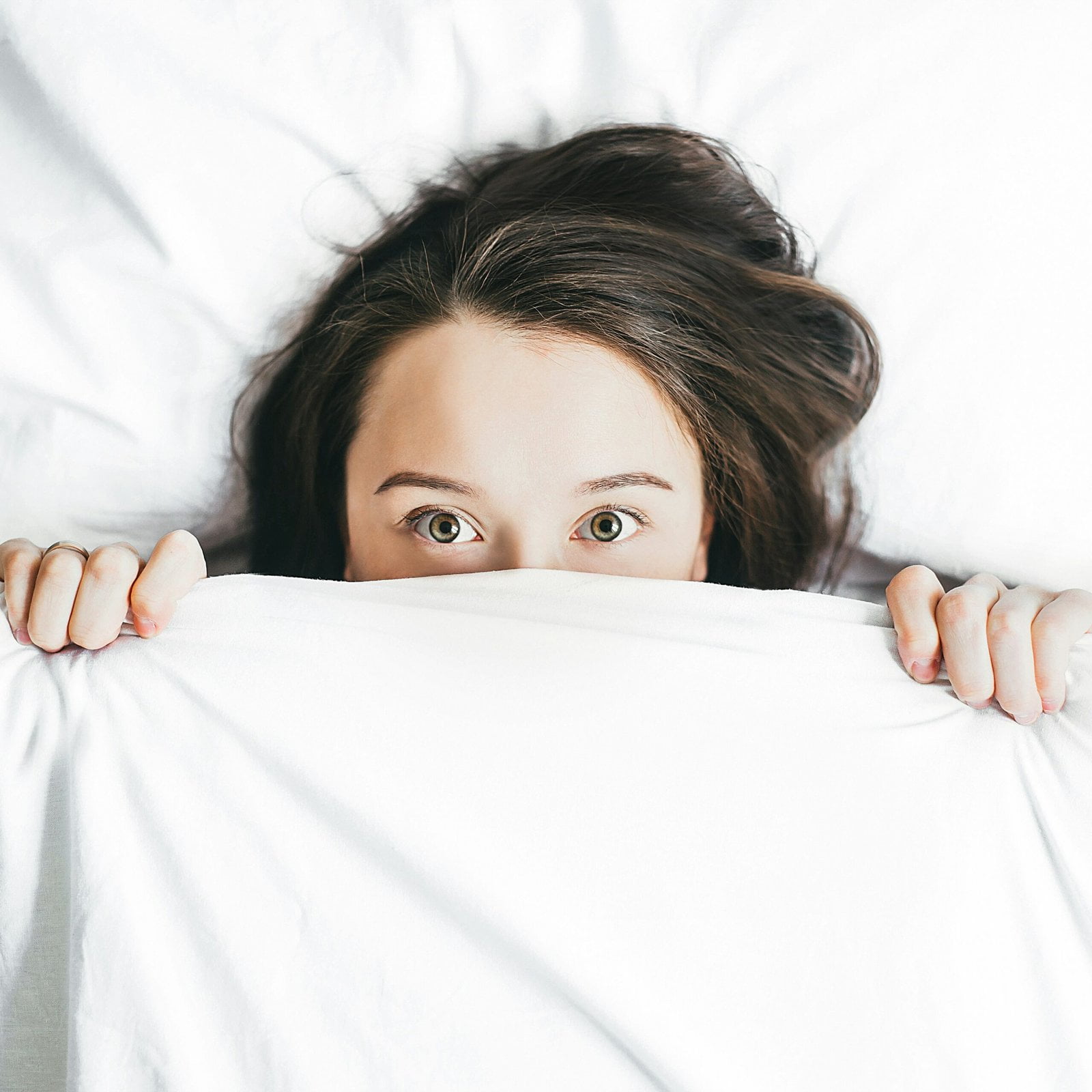
Understanding Insomnia: Causes and Symptoms
Do you find yourself wide awake at night, filled with energy despite a long day? Understanding the science behind why you experience a burst of energy at night can shed light on this mysterious phenomenon. One possible explanation is insomnia, a sleep disorder that affects millions of people worldwide. Insomnia can be caused by various factors, including stress, anxiety, and certain medical conditions. The symptoms of insomnia may include difficulty falling asleep, staying asleep, or waking up too early. If you frequently experience these symptoms, it’s important to delve deeper into the impact of insomnia on your physical and mental health.
The Impact of Insomnia on Physical and Mental Health
Insomnia can have a profound effect on your overall well-being. Lack of sleep not only leaves you feeling tired and groggy but also impairs your cognitive function. Studies have shown that sleep deprivation can lead to difficulties with concentration, memory, and decision-making. Furthermore, chronic insomnia has been linked to an increased risk of developing chronic conditions such as obesity, diabetes, and cardiovascular disease. The effects of insomnia extend beyond the physical realm, as it can also take a toll on your mental health. Sleep deprivation has been associated with an increased risk of developing anxiety and depression. Understanding the impact of insomnia on your health is crucial in finding ways to address this issue.
Common Misconceptions About Sleep and Insomnia
There are several misconceptions surrounding sleep and insomnia that can hinder your ability to find a solution. One common myth is that everyone requires the same amount of sleep. In reality, the ideal amount of sleep varies from person to person. While some individuals may thrive on six hours of sleep, others may need closer to eight or nine hours to function optimally. Another misconception is that staying in bed longer will help you sleep better. However, spending excessive time in bed can actually worsen insomnia. It’s important to educate yourself about these misconceptions to better understand your own sleep patterns and needs.
The Importance of Deep and Healthy Sleep
Deep and healthy sleep is essential for your overall well-being. During the night, your body goes through different stages of sleep, including deep sleep and rapid eye movement (REM) sleep. Deep sleep is crucial for physical restoration, while REM sleep is important for cognitive functions such as memory consolidation and learning. Disruptions in these sleep stages can lead to a lack of restorative sleep and contribute to the feeling of a burst of energy at night. Understanding the importance of deep and healthy sleep can motivate you to take the necessary steps to improve your sleep quality.
Identifying the Factors Contributing to Insomnia
To address your burst of energy at night, it’s important to identify the factors contributing to your insomnia. Stress and anxiety are common culprits that can interfere with your ability to fall asleep and stay asleep. Other factors, such as an irregular sleep schedule, excessive caffeine intake, or certain medications, can also play a role. By pinpointing the specific factors that contribute to your insomnia, you can take targeted steps to address them and improve your sleep quality.
Creating a Sleep-Friendly Environment
Creating a sleep-friendly environment can significantly impact your ability to fall asleep and stay asleep throughout the night. Start by ensuring that your bedroom is dark, quiet, and cool. Consider investing in blackout curtains, earplugs, or a white noise machine to create an optimal sleep environment. Additionally, removing electronic devices from your bedroom can help minimize distractions and promote better sleep. By making these simple adjustments, you can create an environment conducive to restful sleep.
Developing a Bedtime Routine for Better Sleep
Establishing a consistent bedtime routine can signal to your body that it’s time to wind down and prepare for sleep. Begin by setting a regular sleep schedule, aiming to go to bed and wake up at the same time each day, even on weekends. Engage in relaxing activities before bed, such as reading a book, taking a warm bath, or practicing meditation. Avoid stimulating activities, such as watching TV or using electronic devices, as these can interfere with your ability to fall asleep. By developing a bedtime routine, you can train your body to recognize when it’s time to rest and improve your sleep quality.
The Role of Nutrition and Exercise in Promoting Sleep
Your diet and exercise habits can significantly impact your sleep quality. Avoid consuming heavy meals or stimulating substances, such as caffeine or alcohol, close to bedtime. Instead, opt for light, nutritious snacks that promote sleep, such as a banana or a handful of almonds. Regular exercise can also contribute to better sleep by reducing stress and promoting relaxation. Engage in moderate-intensity exercise, such as brisk walking or yoga, earlier in the day to reap the sleep benefits. By paying attention to your nutrition and exercise habits, you can support your body’s natural sleep-wake cycle and experience a more restful night.
Natural Remedies and Relaxation Techniques for Insomnia
If you’re seeking natural remedies for insomnia, several options may help promote better sleep. Herbal supplements, such as valerian root or chamomile, have been traditionally used to aid in sleep. Additionally, relaxation techniques such as deep breathing exercises, progressive muscle relaxation, and aromatherapy can help calm your mind and prepare your body for sleep. Experiment with these natural remedies and relaxation techniques to find what works best for you and enhances your sleep quality.
Seeking Professional Help for Chronic Insomnia
While lifestyle changes and natural remedies may improve your sleep quality, chronic insomnia may require professional help. If your burst of energy at night persists despite your efforts, it’s important to consult a healthcare professional. Sleep clinics and specialists can conduct evaluations to diagnose any underlying sleep disorders and recommend appropriate treatments. Prescription medications or cognitive-behavioral therapy for insomnia (CBT-I) may be necessary for individuals with chronic insomnia. Remember, seeking professional help is a proactive step towards achieving restful sleep.
Embracing Healthy Sleep Habits for a Restful Night
Understanding the science behind why you experience a burst of energy at night can empower you to take control of your sleep. By addressing insomnia and implementing healthy sleep habits, you can unlock the mystery behind your nighttime energy surge. Remember to create a sleep-friendly environment, develop a bedtime routine, and prioritize nutrition and exercise. Explore natural remedies and relaxation techniques, but don’t hesitate to seek professional help if needed. Embrace healthy sleep habits and experience the benefits of a restful night’s sleep.
Take charge of your sleep and start implementing healthy sleep habits today. If your insomnia persists, consider consulting a sleep clinic or specialist for professional help. Remember, quality sleep is essential for your overall well-being.







